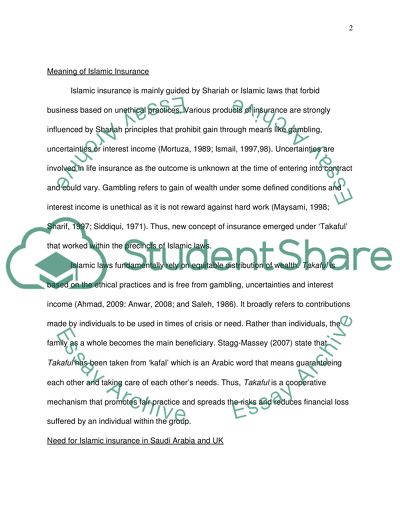Cite this document
(“Insurance Law Dissertation Example | Topics and Well Written Essays - 1500 words”, n.d.)
Retrieved from https://studentshare.org/other/1423781-insurance-law
Retrieved from https://studentshare.org/other/1423781-insurance-law
(Insurance Law Dissertation Example | Topics and Well Written Essays - 1500 Words)
https://studentshare.org/other/1423781-insurance-law.
https://studentshare.org/other/1423781-insurance-law.
“Insurance Law Dissertation Example | Topics and Well Written Essays - 1500 Words”, n.d. https://studentshare.org/other/1423781-insurance-law.


